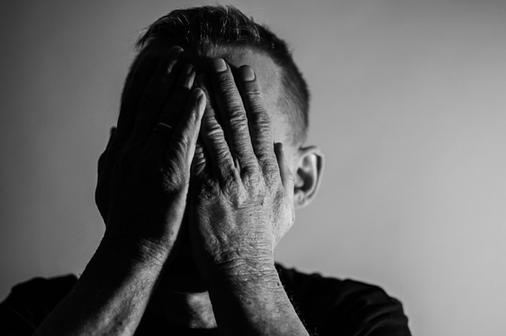 It’s hard to apologize because “human beings are wired for defensiveness.” So says psychologist Harriet Lerner, author of the new book Why Won't You Apologize?: Healing Big Betrayals and Everyday Hurts. In a recent NPR interview, Lerner addressed that special subgenre of apology—the sexual harassment apology—so ubiquitous of late. The rules for this kind of mea culpa, she says, are essentially the same as for any good apology.
Lerner says that good apologies are important but they're not enough. Apologies do not excuse perpetrators from the consequences of their actions (Tweet it!). Have you ever been on the receiving end of a sexual harassment apology? How did you feel? If you have not, what do you believe such an apology should include? To join the conversation, click "comments" on our Community of Practice Forum. If you would like to read more about creating a habit around masterful communication, check out our book: Be Quiet, Be Heard: The Paradox of Persuasion.
4 Comments
ava
12/5/2017 10:12:18 am
Thank you. This is so helpful and timely. I'll share it!!!
Reply
susan
12/5/2017 10:24:16 am
So happy you found it useful! When we read the research it really resonated with us as well. Thanks for staying connected with our community Ava.
Reply
Kim Donahey
1/21/2020 03:33:18 pm
I am interested in what others have to say about apologies in general. Are there honest apologies that don't require admission of wrong doing? And what if the recipient demands an admission of guilt?
Reply
Peter
1/30/2020 04:25:24 pm
Apologies in general can be a relationship game changer if accompanied by authenticity and great listening. Too often they are used to escape an unpleasant moment. How might an apology not be accompanied by admission of wrongdoing...what would the apology be for? “I’m sorry you feel that way” doesn’t really connect as an apology. Thanks for connecting Kim
Reply
Your comment will be posted after it is approved.
Leave a Reply. |
Archives
July 2024
Categories
All
|
|
Glaser & Associates, Inc.
Executive Offices 1740 Craigmont Avenue, Eugene, OR 97405 541-343-7575 | 800-980-0321 [email protected] |
© 2019 Glaser & Associates. All Rights Reserved.


 RSS Feed
RSS Feed